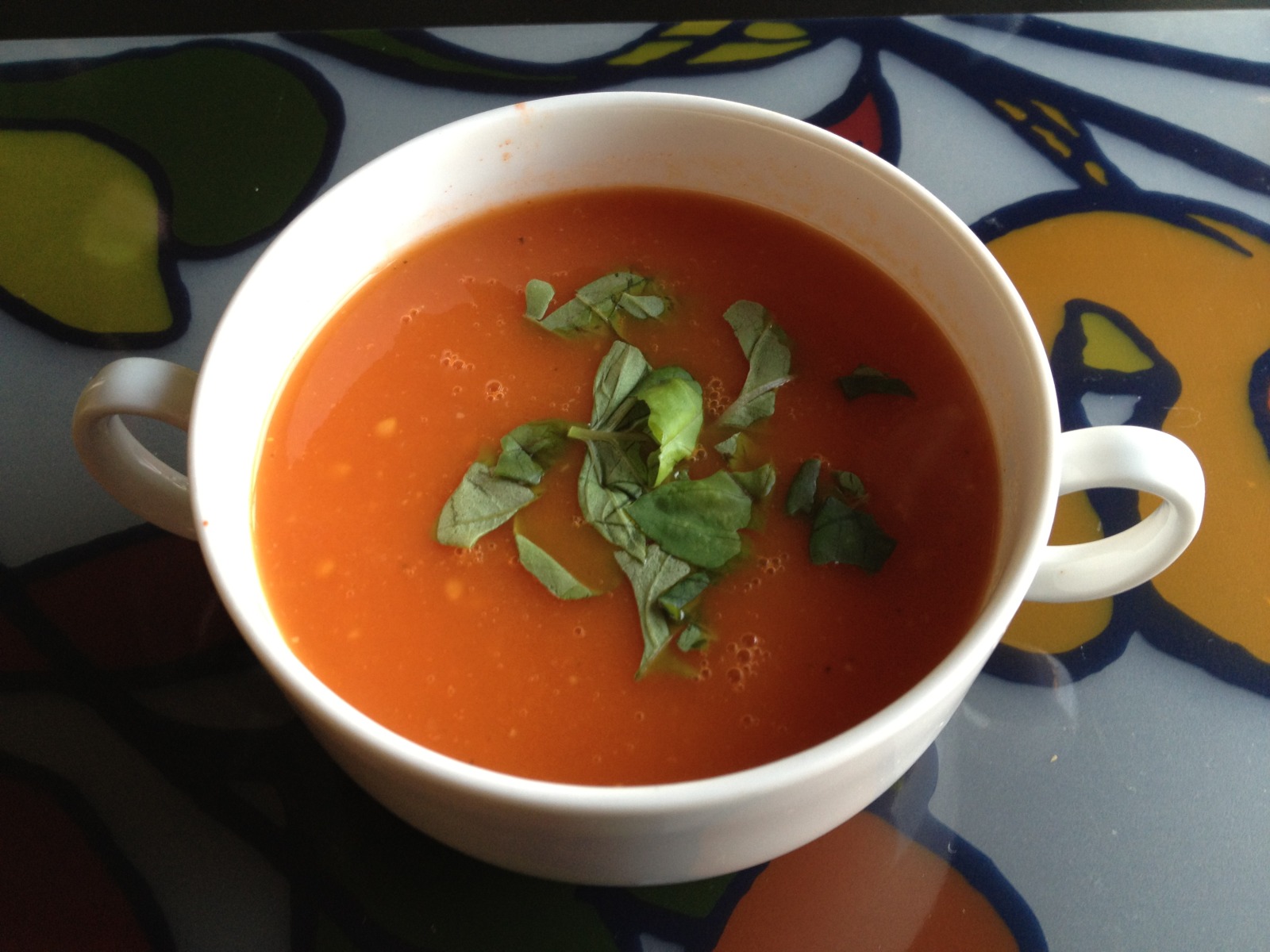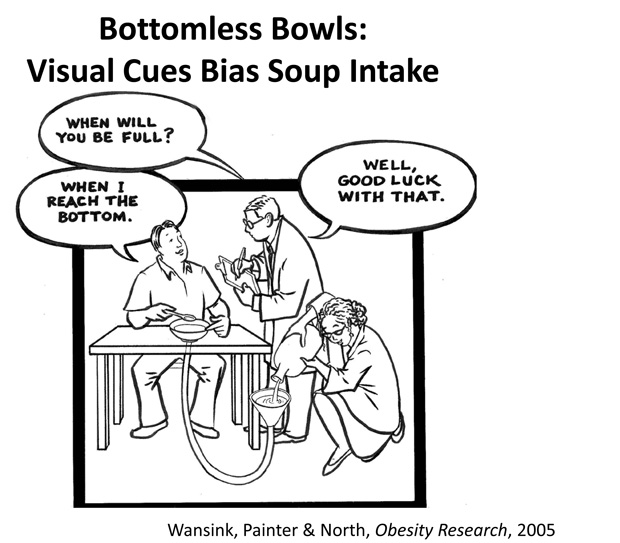Lazy ways to lose weight
Interview with
 It's that time of year when everyone is struggling with their hastily made resolutions, but why is giving something up so much hard work? The Food and Brand Lab in Cornell University look at the psychology of food and dieting to understand better the way we think about eating. Graihagh Jackson spoke to researcher Aner Tal to find out if they have discovered any tricks of the mind to help people give up their vices.
It's that time of year when everyone is struggling with their hastily made resolutions, but why is giving something up so much hard work? The Food and Brand Lab in Cornell University look at the psychology of food and dieting to understand better the way we think about eating. Graihagh Jackson spoke to researcher Aner Tal to find out if they have discovered any tricks of the mind to help people give up their vices.
Aner - So, the trick is trying to control the environment rather than to control yourself because to control the environment, it takes decisions that are less on an ongoing basis. So, it'll be less demanding. If I keep trying to control myself in an environment where it's difficult to do so, that will take a lot of will power and at some point, I'll run out and slip. On the other hand, if I make a one-time conscious effort to change my environment, because we tend to respond automatically to food and a lot of our eating behaviour is not necessarily conscious. So, I see the cake. Even if I tell myself, "Don't eat the cake" that's because the initial inclination is, this is something I would really enjoy. So, I'm sort of programmed to go and eat it and I need to tell myself no, and it's an active action to override the initial inclination to eat the cake. So, what I want to do is I want to remove some of those triggers for unhealthy eating. So, that can be done by making, eating healthy foods easier, more convenient and making eating unhealthy foods more difficult, making the foods less visible and if possible, making them less appealing. So, I'll give some concrete examples for that. I have an insane ice cream addiction. I can't get enough. Like if there's 5 pints of ice cream in my fridge...
Graihagh - It would be gone by tomorrow.
Aner - Yeah, that's definitely possible. And that's kind of bad for weight control. So for instance, I could have ice cream in my freezer, but keep it in the back so that I can't see it every time I open and then I'm less inclined to - because once I see a stimuli, I'm going to react to it. if it's not visible then I'm going to need to think about it independently and then get it. that might sound like it wouldn't make a huge difference but it would at least for some people.
Graihagh - Hide the food in the back of your cupboard then, check, but what about when you're not at home? For example, eating in a fancy restaurant.
Aner - When I used to go out for dinners with my family to a restaurant, my mum would always tell me, "Don't eat. We're going out to dinner." But sometimes it might actually be a good idea to eat something to make yourself a bit less hungry so you're not going to go wild once you're exposed to all these temptations. And also, part of what happens automatically is, if a food is in front of us, we tend to continue eating it. and that's something we've seen in a broad variety of studies. So, there's a classic study that a director of the food and brand lab did where we had soup bowls constantly refilling themselves through tubes as people ate. And people ate a lot more when the soup bowls continuously refilled themselves because there's food in front of you and you continue eating and the plate doesn't go empty, so you don't know that you're done.
Graihagh - Just like a bottomless pit of soup.
Aner - Yeah, exactly.
Graihagh - How much soup did these people eat?
Aner - That, I have to check. So, this and a lot of the other information, if you want to get actual numbers, are on our website at Food and Brand Lab. if you Google Food and Brand Lab, you can easily get it.
 Graihagh - I did have a look on the website as Aner suggested. People unwittingly ate 73% more soup when they didn't notice their bowl was being refilled compared with people who knew just how much they were eating. What's more is that they reported feeling just as hungry. So, feeling full can simply come down to paying attention to how much you're eating. This idea of avoiding mindless eating came up again.
Graihagh - I did have a look on the website as Aner suggested. People unwittingly ate 73% more soup when they didn't notice their bowl was being refilled compared with people who knew just how much they were eating. What's more is that they reported feeling just as hungry. So, feeling full can simply come down to paying attention to how much you're eating. This idea of avoiding mindless eating came up again.
Aner - One of the studies we recently had published had to do with television viewing and how, if someone watches a TV programme that's more engaging to them, they wind up eating more. Part of that relies on mindless eating. So, the food is right in front of you. You're more distracted so you're going to eat mindlessly to a greater extent. You're paying less attention and you're just eating on autopilot. Eating is very easy. It's something that you don't really need to think of. You just do it automatically. So, making it more difficult for ourselves to eat mindlessly is one trick that people can use to control their eating. And also, changing what you eat mindlessly by changing what's available.
Graihagh - There you have it. hide the ice cream, display the celery and pay attention to everything you eat. And whatever you do, don't eat from a bottomless bowl of soup or in my case, custards.









Comments
Add a comment